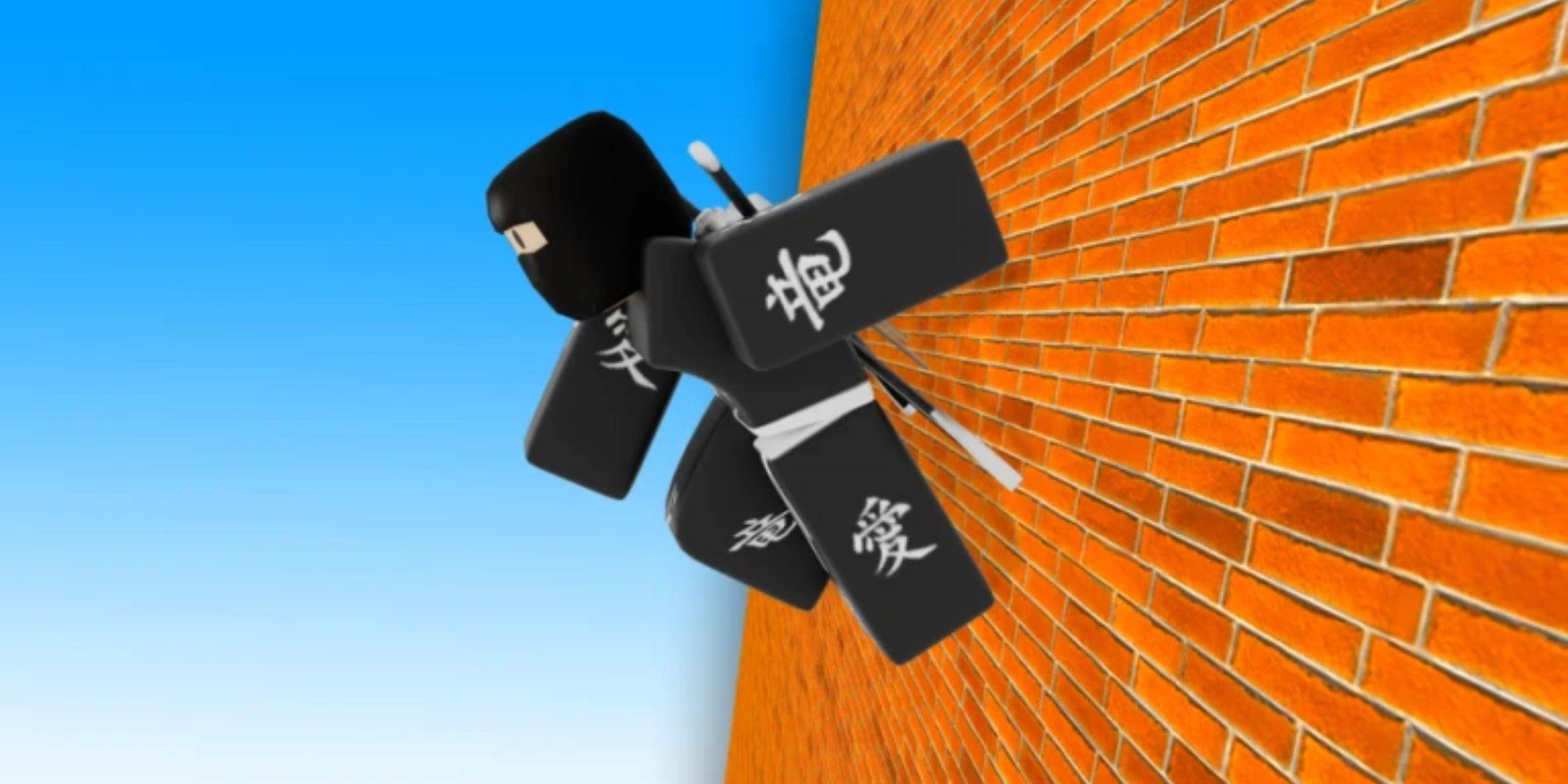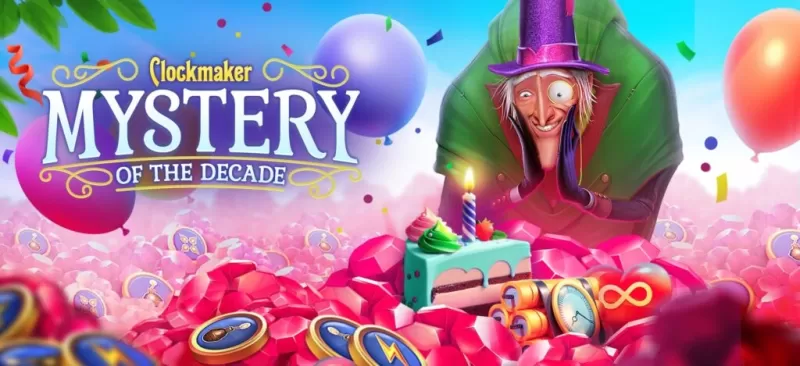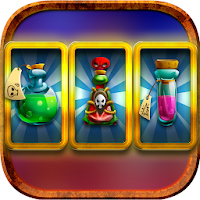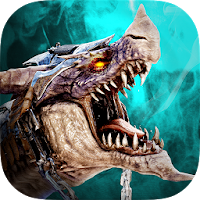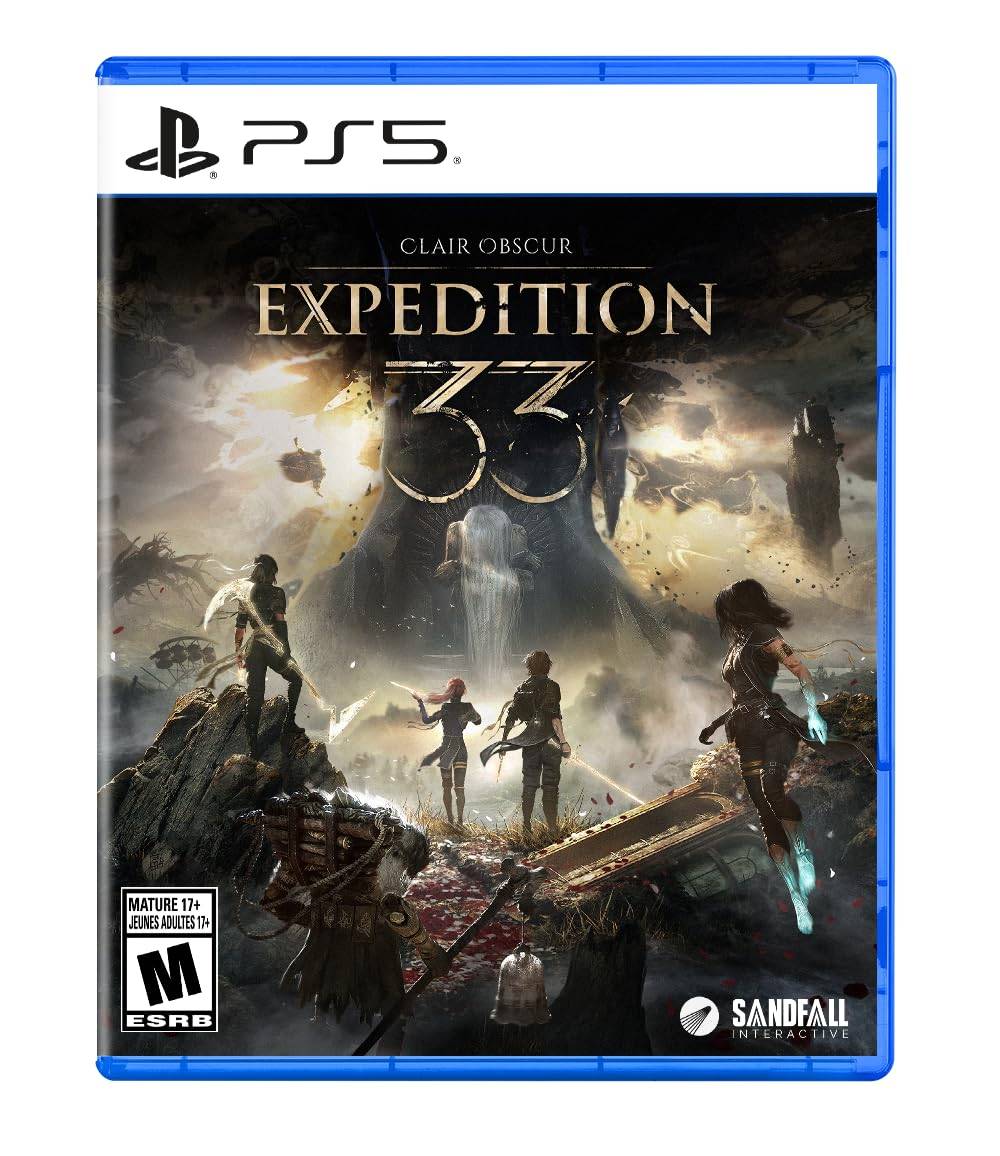Nicolas Cage has expressed strong reservations about the use of artificial intelligence (AI) in the acting world, warning that actors who allow AI to alter their performances are heading towards "a dead end." Cage, who recently won the best actor award for his role in "Dream Scenario" at the Saturn Awards, used his acceptance speech to voice these concerns. He emphasized that "robots cannot reflect the human condition," arguing that allowing AI to manipulate performances even slightly could lead to a loss of integrity, purity, and truth in art, ultimately driven by financial interests rather than creative ones.
Cage elaborated on his views by stating that the primary role of art, including film performance, is to mirror the human condition through a thoughtful and emotional process. He firmly believes that AI cannot replicate this essential human element, warning that allowing robots to take over would result in art that lacks heart and authenticity. "If we let robots do that, it will lack all heart and eventually lose edge and turn to mush," Cage stated, advocating for the protection of authentic and honest expressions against AI interference.
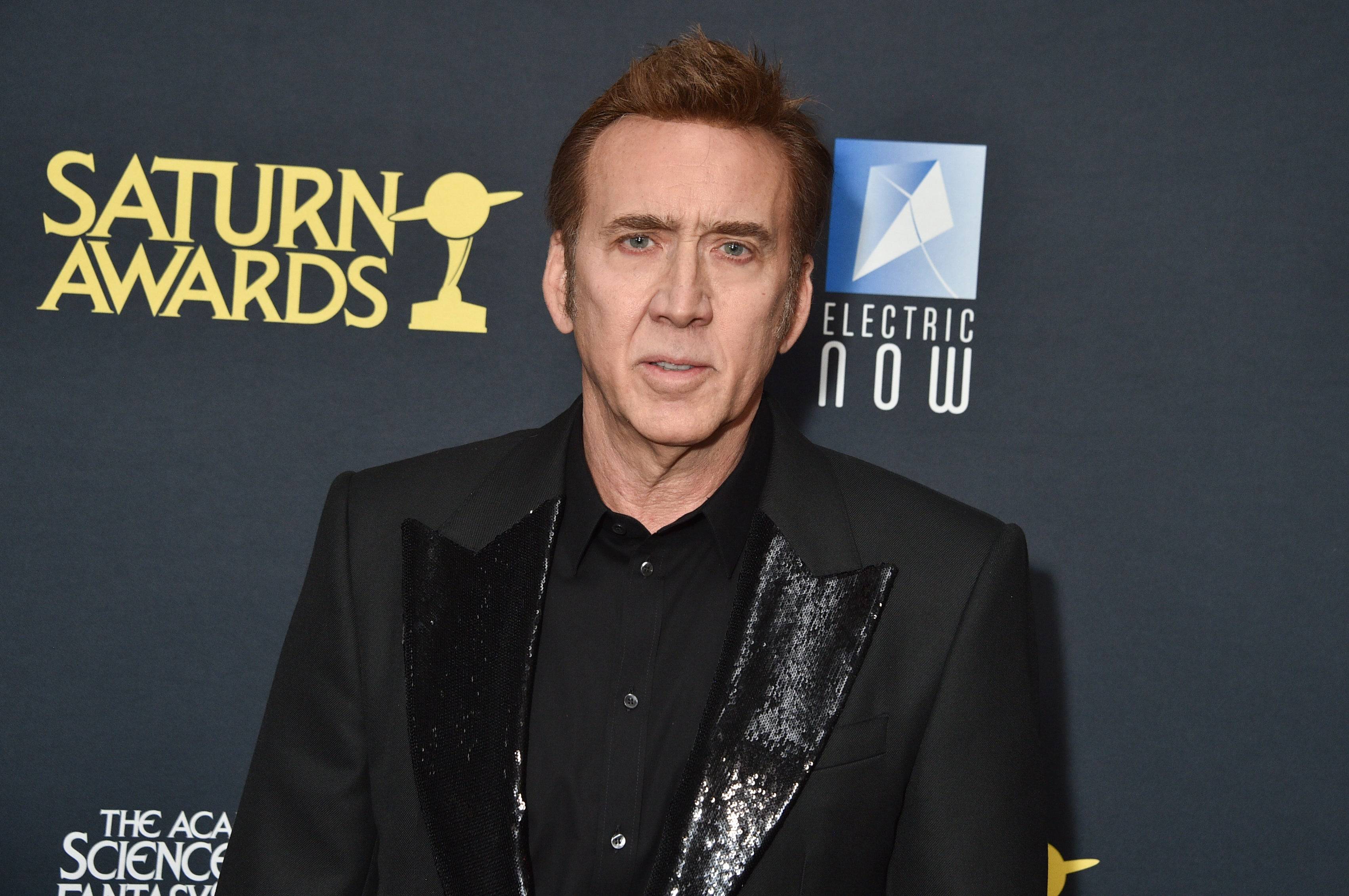
Cage's sentiments echo those of other actors, particularly in the voice acting community, where AI has been more prominently used. Voice actors like Ned Luke from "Grand Theft Auto 5" and Doug Cockle from "The Witcher" have also spoken out against AI, with Luke criticizing a chatbot that mimicked his voice and Cockle describing AI as "inevitable" but "dangerous." These actors are concerned about the potential loss of income and the ethical implications of AI-generated performances.
In the filmmaking world, opinions on AI are mixed. Director Tim Burton has labeled AI-generated art as "very disturbing," whereas Zack Snyder, known for directing "Justice League" and "Rebel Moon," advocates for embracing AI rather than resisting it. This diversity in perspectives highlights the ongoing debate about the role of AI in creative industries.

